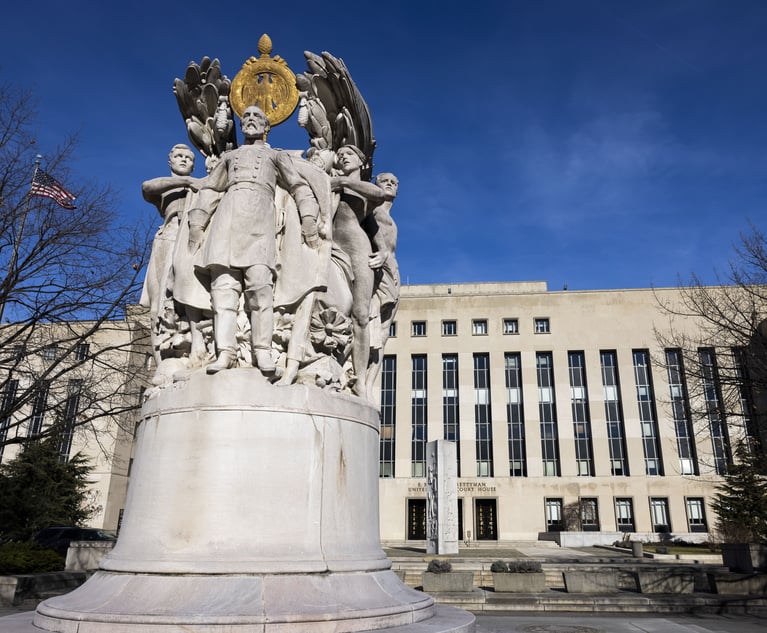If you believe the IRS can’t summons a bank for information relating to deposits held in a law firm’s trust account and or escrow account—think again. In Florida, the Court of Appeals for the Eleventh Circuit held that IRS summonses to a bank, with respect to a law firm’s escrow and trust bank account records, were proper, notwithstanding the law firm’s arguments that the summonses violated the law firm’s clients’ rights under the Fourth Amendment and under the Internal Revenue Code. The IRS summonses sought records “pertaining to any and all accounts over which [each plaintiff] has signature authority,” including bank statements, loan proceeds, deposit slips, records of purchase, sources for all deposited items, and copies of all checks drawn. This included the law firm’s trust and escrow accounts that contain information about the law firm’s clients and their finances. In this case, the bank had to comply with the summonses and turn in all the records to the IRS.
Authority to Issue a Summons
I.R.C. Section 7602 authorizes the IRS to issue a summons to any person having information that “may be relevant” to its investigation. That authority permits the IRS to require a person to appear at a designated location and to produce books and records or give testimony under oath. IRS issues a summons when it is prepared to seek judicial enforcement if the summoned party fails to fully comply with earlier requests for information. The IRS states that a summons should only be issued when:
- The information required is vital to the investigation;
- The taxpayer or third-party “summonee” is unreasonably refusing to cooperate; or
- The information cannot be easily obtained from other sources.


 Stanley Foodman of Foodman CPAs & Advisors.
Stanley Foodman of Foodman CPAs & Advisors.




